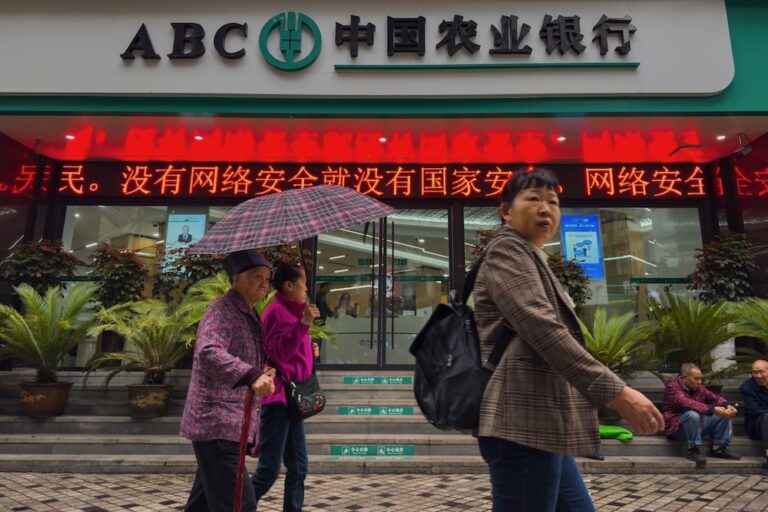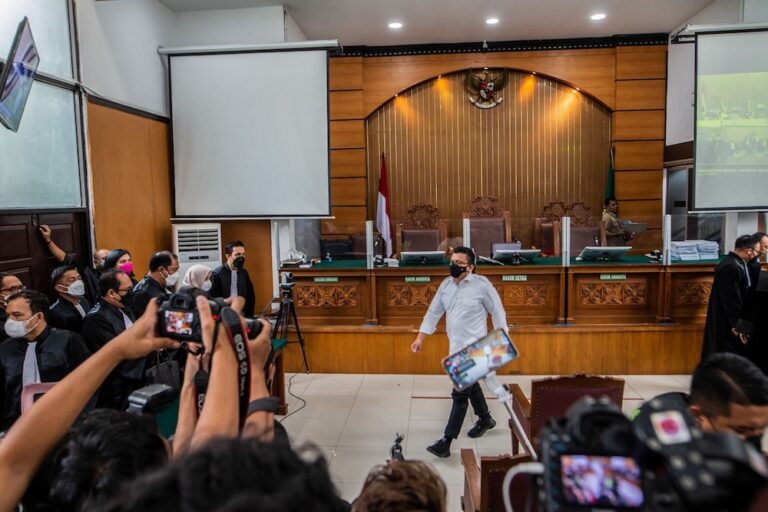(HRW/IFEX) – Human Rights Watch (HRW) has stated that though the resignation of Indonesia’s long-serving President Soeharto is an important first step toward reform, it is still unclear whether his successor, President Habibie, has the will or the ability to do away with Indonesia’s authoritarian political system. According to Sidney Jones, Asia director of HRW, […]
(HRW/IFEX) – Human Rights Watch (HRW) has stated that though the resignation
of Indonesia’s long-serving President Soeharto is an important first step
toward reform, it is still unclear whether his successor, President Habibie,
has the will or the ability to do away with Indonesia’s authoritarian
political system. According to Sidney Jones, Asia director of HRW, “the
resignation is an extraordinarily important victory for the student-led
democracy movement, reinforcing the key role students have played at every
political watershed in Indonesia’s history…But the key question now is how
committed President Habibie is to democratic change and protection of human
rights.”
HRW indicated that the international human rights community will be looking
for tangible signs of such a commitment to reform which include:
Bintang Pamungkas, a former parliamentarian, Budiman Soedjatmiko, a student
leader, Mochtar Pakpahan, a labor leader, and Xanana Gusmao, an East
Timorese resistance leader
Soeharto to curb dissent and undermine opposition political institutions
which could pose a threat to his rule
which the Indonesian people would be able for the first time since 1955 to
exercise their right to freely choose their political representatives
the people of East Timor
international human rights treaties
long-standing “dual function” of the Indonesian armed forces which allows
them to play a role in social and political issues as well as matters of
defense and security
Until such steps are taken, HRW urges that those governments making up the
donor consortium known as the Consultative Group on Indonesia (including the
United States, Japan, Germany, France, Australia, Canada, and Britain, among
others) continue to suspend economic assistance to Indonesia provided
through the International Monetary Fund (IMF), the World Bank, and other
means. These restrictions should only be lifted, HRW noted, in the case of
funds for humanitarian aid, funds provided to strengthen civil society, and
scholarship programs.


